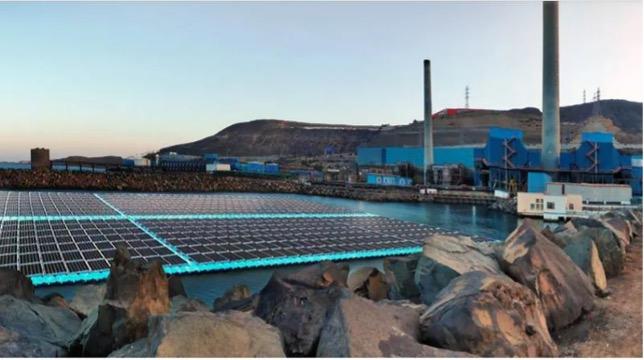MuSIASEM, a new solution to resource nexus assessment

MuSIASEM or Multi-Scale Integrated Analysis of Societal and Ecosystem Metabolism, is a method of accounting used to analyse socio-ecosystems and to simulate possible patterns of development.
MuSIASEM is designed to detect and analyze patterns in the societal use of resources making a distinction between:
1. the internal end uses (who is using which resources, how much, how, and why);
2. the resulting internal environmental pressures associated with the various end uses, allowing an analysis of the impacts they create on the environment;
3. the level of externalization through trade of both requirements of additional end uses and resulting environmental pressures that are moved to the social-ecological systems producing the imports.
The approach was created around 1997 by Mario Giampietro and Kozo Mayumi, and has been developed since then by the members of the IASTE (Integrated Assessment: Sociology, Technology and the Environment) group at the Institute of Environmental Science and Technology of the Autonomous University of Barcelona and its external collaborators.

The purpose of MuSIASEM is to characterize metabolic patterns of socio-ecological systems (how and why humans use resources and how this use depends on and affects the stability of the ecosystems embedding the society). This integrated approach allows for a quantitative implementation of the DPSIR framework (Drivers, Pressures, States, Impacts and Responses) and application as a decision support tool.
An application of MuSIASEM in providing an integrated assessment of the WEF nexus in relation to sustainability, is illustrated with a local case study in the Canary Islands (Spain) - a private desalination plant that uses wind electricity to provide water for an agricultural cooperative located in the southeast of the island of Gran Canaria.

The integrated representation identifies the existence of biophysical constraints determined by processes both under human control (in the technosphere) and beyond human control (in the biosphere).

The MuSIASEM approach has shown that it is possible to generate a robust quantitative assessment of the energy, water and food nexus using insights from complexity theory, by establishing relations over processors conveying information referring to different dimensions and scales of analysis.
The study has been developed within the context of the Horizon2020 project “Moving towards adaptive governance in complexity: Informing nexus security” (MAGIC). for use in participatory processes of co-production of knowledge claims about desalination, a prerequisite for informed policy deliberation.

As a relevant experience and example of good practice, MuSIASEM is expected to be highlighted by WEF – CAP in upcoming discussions and workshops related to good policy development.
More information about this study can be found here.
More information about the approach are available here.









